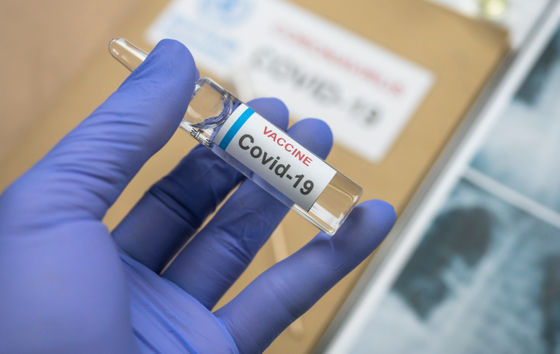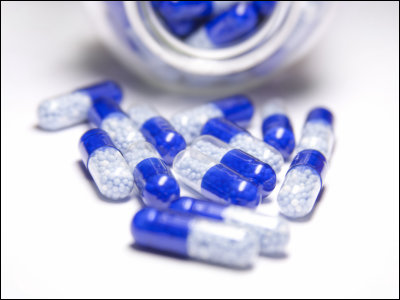It is confirmed in monkey experiments that antibodies that protect the body from new coronavirus are produced by vaccine

An experiment conducted by a research team at the Harvard Medical School on
DNA vaccine protection against SARS-CoV-2 in rhesus macaques | Science
https://science.sciencemag.org/content/early/2020/05/19/science.abc6284
Immunity to COVID-19 Appears Feasible | Harvard Magazine
https://harvardmagazine.com/2020/05/covid-19-immunity

Prototype Vaccines Protect Monkeys From Coronavirus | Boston.com
Monkey trials at Harvard Medical School show promising vaccine results-CBS News
https://www.cbsnews.com/news/coronavirus-monkey-trials-harvard-medical-school-promising-vaccine-results/
Dan H. Barouch, a professor of medicine at the Harvard Medical School and director of the Virology and Vaccine Research Center at Beth Israel Deacones Medical Center, has a two-step experiment to produce a vaccine with SARS-CoV- Verified to protect rhesus monkey from 2.
In the first experiment, 9 unvaccinated rhesus monkeys were infected with SARS-CoV-2 to see if the rhesus monkeys infected with SARS-CoV-2 produce antibodies. As a result, rhesus monkeys showed moderate COVID-19 symptoms such as pneumonia. Rhesus monkeys recovered from COVID-19 within a few days, so the team examined the rhesus monkey's antibody levels and found that the recovered rhesus monkeys were expressing antibodies to SARS-CoV-2.

Thirty-five days after the SARS-CoV-2 inoculation, when the research team again vaccinated the rhesus monkeys with SARS-CoV-2, the rhesus monkeys did not show COVID-19 symptoms. A test for antibody levels also confirmed that there was a surge of antibodies again in the rhesus monkey.
'If the antibody didn't work well in this experiment, the effort to develop a vaccine would be pointless, which is a nightmare for 7 billion people,' Barouch said. It should have been news like this. '
Based on the results that the rhesus antibody protected rhesus monkeys from SARS-CoV-2, the research team actually created 6 types of vaccines using the SARS-CoV-2 gene. Each vaccine was given to a total of 25 rhesus monkeys, 4-5 each. Then, 3 weeks after the vaccination, I was vaccinated with SARS-CoV-2.
As a result, some vaccines worked poorly, but some did. In particular, 8 out of 25 animals could not detect any trace of SARS-CoV-2 at all.

Barouch said about the results of the two experiments: 'This is very positive news for vaccine development efforts. Further research is needed on whether vaccines and antibodies are effective in humans, but 93% of humans and DNA. Promising results from rhesus macaques that share this will broaden the optimistic view that it is never impossible to make an effective vaccine against COVID-19. '
Related Posts:







